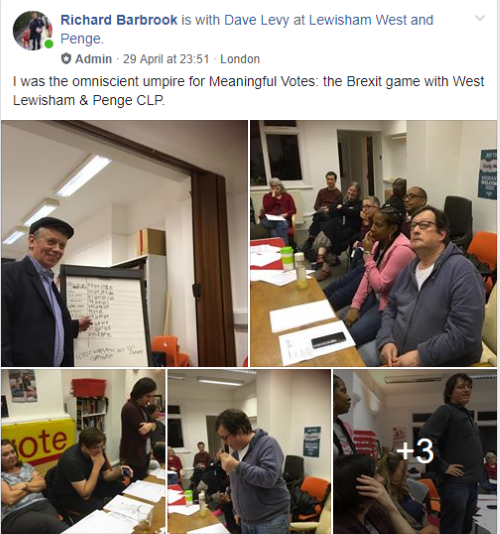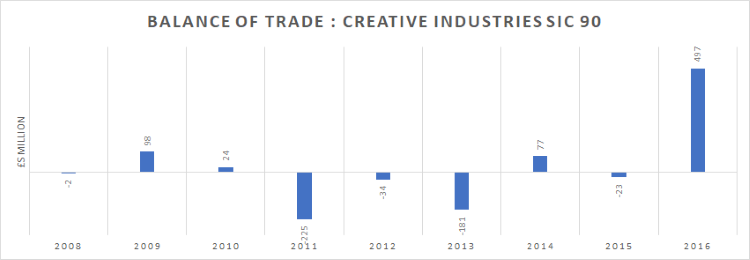There has been much a-wailing and gnashing of teeth as the Labour Party NEC decides what Labour’s Euro manifesto should say; they have reiterated Conference ’18 policy, to oppose a Tory Brexit by all means including a Referendum.
I was asked elsewhere when we established and then stepped away from the six tests; The six tests were confirmed at Conference 18 although the phrase “respect the referendum” which was inserted to the 2017 Manifesto presumably through the Clause V meeting, has not been approved. I have over time tracked the development of Labour’s Brexit policy as set out by Conference. The first is about #lab16 which says we’ll stay if terms set by the Tories are unacceptable and states that we’ll accept any mandate including a vote in Parliament. I cover the the #lab17 stitchup but while it’s weaker, it’s still fundamentally about no worse than in, (read the comment for the bad news), and I record the words of #lab18, last year, which opposes a tory brexit by all means, prioritises jobs, the economy and the Northern Ireland border. I also talked about the abandonment of the six tests, in this article, called “Consenus” and the low profile insertion of the Common Arrest Warrant as a requirement. …



